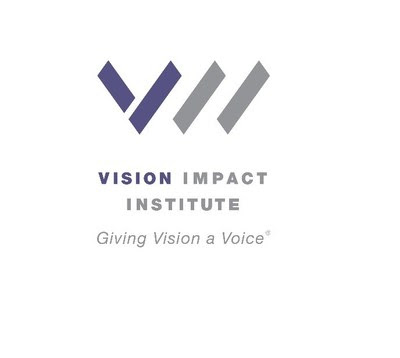Enablement of M2M Wireless Connectivity and Mobility With Rajant Kinetic Mesh
Malvern, Pennsylvania (USA), July 12, 2022 (GLOBE NEWSWIRE) — Rajant Corporation, the pioneer of Kinetic Mesh® wireless networks, and Epiroc, a leading productivity and sustainability partner for the mining and infrastructure industries, announce successful validation for both semi-autonomous and autonomous drilling. As part of the validation, deployment best practices guidelines were created to support the deployment of Epiroc drills with Rajant BreadCrumbs®. Epiroc has a permanent deployment at their test facility in South Africa to demonstrate semi-autonomous and autonomous drills using Rajant BreadCrumbs.
Rajant is deployed on dozens of semi-autonomous and autonomous Epiroc drills globally, some of which include:
- Semi-Autonomous
- Anglo American – Sishen
- Anglo American – Mogalakwena
- Anglo American – Los Bronces
- Autonomous Drills
- Exxaro – Grootegeluk
“Improving the operational safety and productivity of mining operations is the byproduct of Rajant Kinetic Mesh. It is the only industrial wireless network enabling machine-to-machine (M2M) connectivity and mobility in markets like open-pit and underground mining”, shares Geoff Smith, EVP of Sales and Marketing for Rajant. “Unlike other wireless networks that are dependent on fixed infrastructure, Rajant mobile BreadCrumbs can communicate with each other allowing machines to interconnect which adds additional layers of connectivity and redundancy while Rajant networking software InstaMesh® is self-optimizing to overcome the constant environmental changes, data loads, interference, and on-the-move requirements of modern mines.”
Adds Brian Doffing, Epiroc’s VP of Integration, “Rajant’s unique technology offering has been instrumental in allowing our joint customers to scale their autonomous solutions. This includes not only Epiroc drills but opens the door for all connected equipment at the mine site.”
About Epiroc
Epiroc is a leading productivity partner for the mining, infrastructure, and natural resources industries. With cutting-edge technology, Epiroc develops and produces innovative drill rigs, rock excavation and construction equipment, and provides world-class service, and consumables. The company was founded in Stockholm, Sweden, and has passionate people supporting and collaborating with customers in more than 150 countries. For more information, visit Epiroc.com.
About Rajant Corporation
Rajant Corporation is the broadband communications technology company that invented Kinetic Mesh® networking, BreadCrumb® wireless nodes, and InstaMesh® networking software. With Rajant, customers can rapidly deploy a highly adaptable and scalable network that leverages the power of real-time data to deliver on-demand, mission-critical business intelligence. A low-latency, high-throughput, and secure solution for a variety of data, voice, video, and autonomous applications, Rajant’s Kinetic Mesh networks provide industrial customers with full mobility, allowing them to take their private network applications and data anywhere. With successful deployments in more than 70 countries for customers in military, mining, ports, rail, oil & gas, petrochemical plants, municipalities, and agriculture. Rajant is headquartered in Malvern, Pennsylvania, with additional facilities and offices in Arizona and Kentucky. For more information, visit Rajant.com or follow Rajant on LinkedIn and Twitter.
Attachment
Alice DiSanto Rajant Corporation 914-582-8464 adisanto@rajant.com

